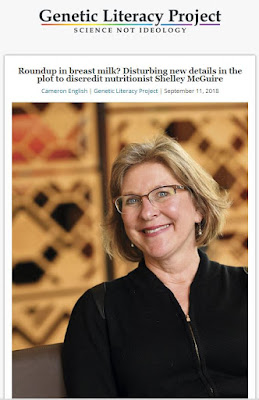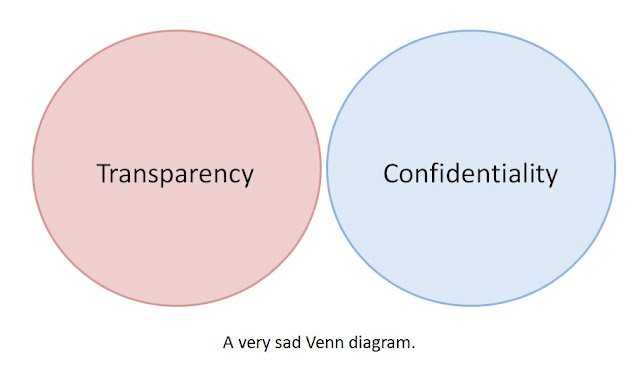The University of California at San Francisco is sponsoring, with taxpayer dollars, an assault on taxpayer funded scientists. Not only have they created slanderous databases, they now are hosting public lectures where industry-sponsored activists are allowed to impeach established evidence and smear the reputations of actual public scientists. Like me. US-Right to Know has a clear agenda, and scientists that teach information that is counter to that agenda are systematically dismantled using a series of well-established techniques, which include selective publication and interpretation of public records requests, defamatory websites, and manipulation of journalists to tell their crooked story. Now they have a patsy on the inside of UCSF, someone that is complicit in furthering their smear campaign. I've already written about the Chemical Industry Documents library, where my conversations with other academics about lavaliere microphones and private co...







